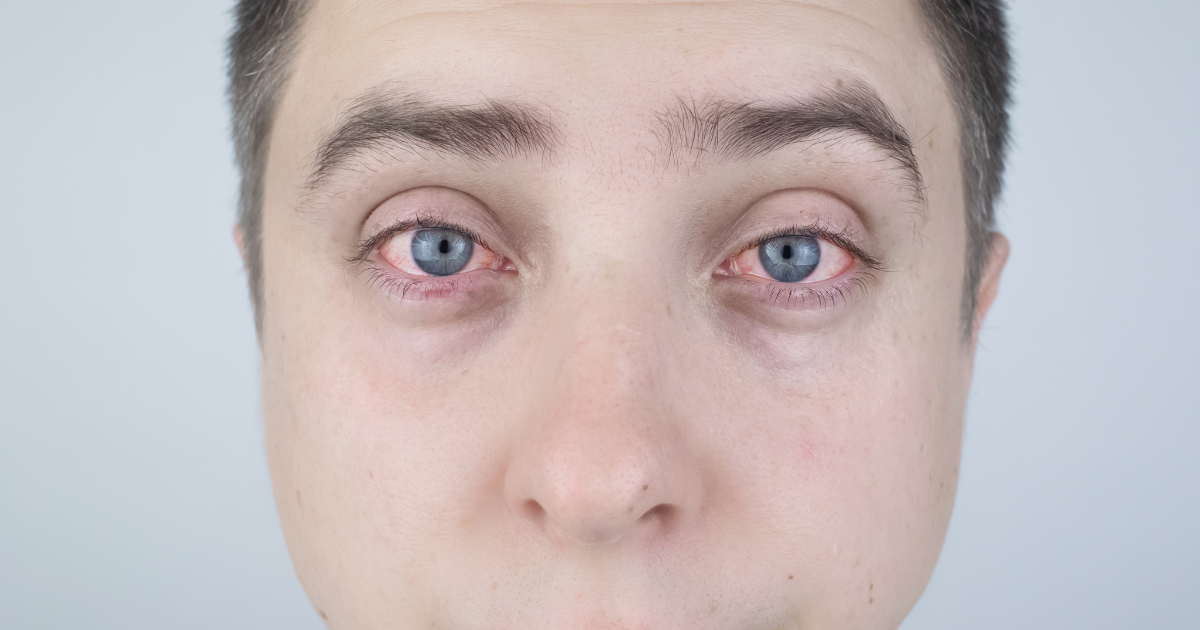A Guide to Alcohol Intoxication Signs
Is someone you care about getting “drunk,” or are you walking a fine line with your drinking habits?
Knowing the signs of being “drunk” is more than a party trick. It’s about safety and understanding. About 30 million Americans aged 12 and older struggled with alcohol use disorder (AUD) in 2021, according to national research. Whether you’re a concerned friend or spouse or monitoring your drinking limits, this blog will guide you through the blurred lines of alcohol intoxication.
What Does it Mean to Be “Drunk”?
Being “drunk” or “under the influence” is a state of alcohol intoxication altering the body and mind. This temporary side effect emerges when someone drinks more alcohol than their body can process. It’s a condition that can range from mild to severe, depending on how much alcohol a person drinks and how their body reacts to it.
Factors Influencing Alcohol Intoxication
Alcohol intoxication can vary between individuals. Factors influencing this variation include:
- Body size and weight
- Age
- Gender
- Overall health
- Mental state
- Drinking speed
- Whether you’ve eaten food
- Medication use
- Drinking frequency
- Mixing with other drugs
How Alcohol Works in the Body and Brain
A standard alcohol serving equals:
- 12 fl oz of beer with 5% alcohol content
- 5 fl oz of wine with 12% alcohol content
- 1.5 fl oz of distilled spirit with 40% alcohol content
On the Tongue
When you sip a beer or glass of wine, the alcohol is absorbed into your bloodstream through your mouth and different organs.
Stomach and Intestines
Most absorption happens in the stomach and intestines. Here, alcohol enters the bloodstream, and the body works quickly to spread it throughout other body parts.
Reaching the Brain
Alcohol reaches the brain in about 5 minutes and affects neurotransmitters (chemical messengers), which transmit signals between nerve cells.
Depressing the Nervous System
Drinking alcohol depresses the central nervous system. Alcohol boosts gamma-aminobutyric acid (GABA), slowing brain activity and increasing dopamine release for feelings of pleasure.
Symptoms
Depending on the level of intoxication, symptoms of the “drunk” feeling may include:
- Mild Intoxication: You may notice slight speech, coordination, and balance changes. It’s subtle but can be a sign.
- Moderate Intoxication: The effects grow, affecting driving skills, speech, and coordination. It’s more noticeable and could signal the need to intervene.
- Severe Intoxication: This stage can be dangerous, with serious problems in speech, balance, and memory. Unconsciousness, nausea, and vomiting may occur. Immediate help may be needed.
- Life-threatening Intoxication: This is an emergency stage with a high risk of death. Loss of consciousness and fatal alcohol poisoning can happen. Call emergency services right away.
Metabolism and Elimination
Once alcohol reaches the liver, this organ removes it from the body. However, the liver can only filter so much at a time, leaving excess alcohol to exit the body through sweat, breath, and urine.
Long-term Impact on the Body
Besides the sensation of feeling “drunk,” alcohol has long-term effects on the body. Excess alcohol leads to intoxication, affecting numerous bodily functions. Repeated drinking can lead to:
- Liver disease
- Alcoholic neuropathy
- Heart problems
- Stomach issues
- Alcohol addiction
Alcohol Intoxication Stages
- Sobriety or mild intoxication: No impairment.
- Euphoria: Confidence, talkative, delayed reaction times.
- Excitement: Emotionally unstable, lack of judgment, drowsiness.
- Confusion: Emotional outbursts, significant loss of coordination.
- Stupor: Inability to walk or stand, seizures, medical attention required.
- Coma: Body functions slow down, and urgent care is needed.
- Death: Essential bodily functions fail.
Signs in Others
Look for these signs to determine someone’s intoxication level:
- Loss of coordination
- Stumbling
- Flushed face
- Bloodshot eyes
- Loudness
- Slurred speech
- Mood swings
- Aggression
- Anxiety or depression
- Slowed reflexes
- Nausea or vomiting
How to Support Someone Struggling with Alcohol Intoxication
If you suspect you or someone you care about is struggling with alcohol intoxication, follow these steps.
For Severe Intoxication or Alcohol Poisoning
- Call Emergency Medical Services: Don’t waste a second. Call 911.
- Check for Consciousness: If they’re conscious, offer water if they can swallow, and lie them on their side. If unconscious, turn them on their side to keep their airway clear.
- Follow Emergency Services Instructions: Stay on the line and follow their medical advice.
For Moderate to Mild Intoxication
- Stay Calm and Collected: Approach the conversation with care.
- Create a Safe Space: Remove any immediate dangers, including judgemental attitudes, opinions, or people.
- Offer Non-alcoholic Drinks: Electrolyte-rich food and drinks can help avoid dehydration or feeling sick.
- Ensure a Safe Ride Home: Arrange sober transportation, like Uber or Lyft.
- Monitor the Situation: Seek professional medical help if needed.
If You Believe There’s an Alcohol Addiction Drinking Problem
- Recognize the Signs: Pay attention to ongoing patterns of overuse, secretive behavior, neglecting responsibilities, or physical symptoms like tremors or slurred speech.
- Seek Professional Help: Contact addiction treatment providers, therapists, or support groups. Treatment professionals can guide you to the right resources.
- Utilize Support Systems: Leverage friends, family, and professionals who understand addiction. They’re available to guide you with emotional support and advice.
- Educate Yourself: Learn about alcohol addiction and its impact. Knowledge empowers you to take meaningful actions.
- Take Immediate Action if Needed: If the situation is urgent, seek professional medical care immediately. Health and safety should always be your top priority.
How to Know if Someone is Drunk
Alcohol intoxication can vary from being tipsy to severe alcohol poisoning. Recognizing the signs and acting responsibly to protect those around you is crucial. If you think a loved one or a coworker has an alcohol addiction problem, don’t hesitate.
Look for ongoing patterns of overuse. It could be a cry for help.
Treatment and Recovery are Available 24/7
You don’t have to face this alone. Landmark Recovery is here for you. Call 888-448-0302 today for professional medical assistance. Our Patient Navigators are ready to guide you anytime, day or night.
Find an alcohol rehab center near you:
The path to a healthier future starts with one brave step. Let Landmark Recovery walk it with you.

Choose Recovery Over Addiction
We're here 24/7 to help you get the care you need to live life on your terms, without drugs or alcohol. Talk to our recovery specialists today and learn about our integrated treatment programs.





